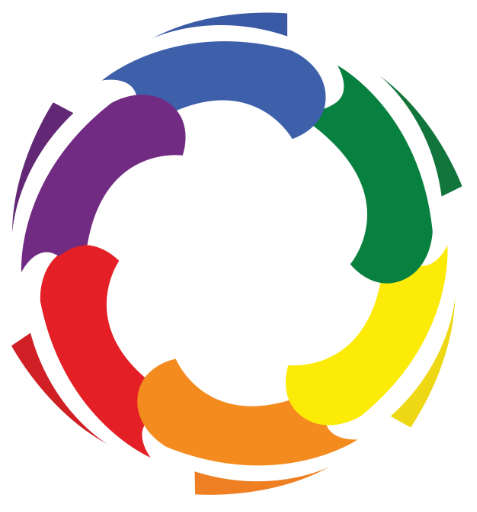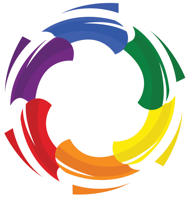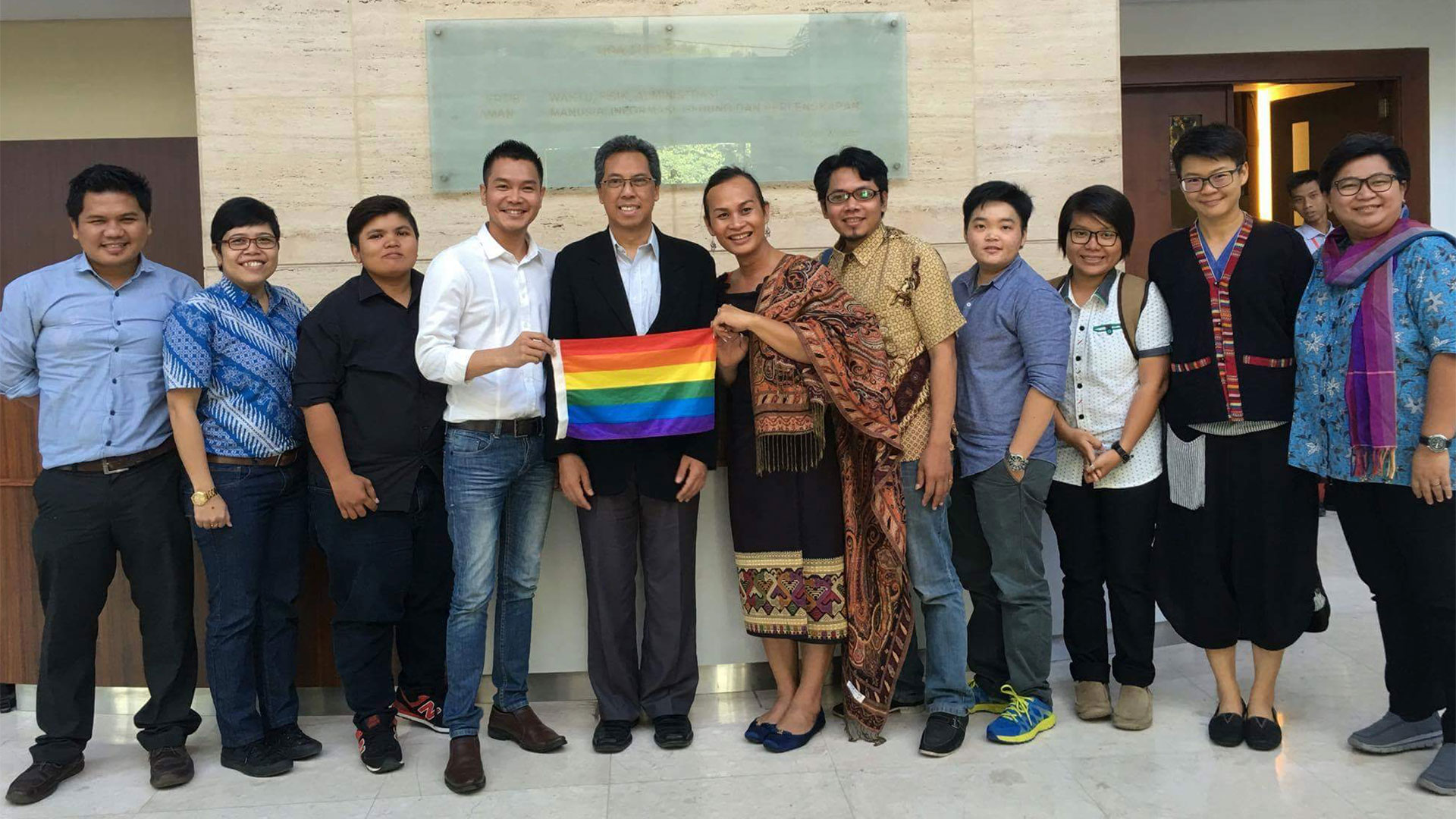ASEAN SOGIE Caucus together with Human Rights Working Group (HRWG) and Arus Pelangi Indonesia had successfully organized the first ASEAN Advocacy Week on June 17th to 23rd 2016 in Jakarta, Indonesia. The event was successfully held without any hindrance, despite of increasing hostility toward LGBTIQ community in the country.
The event brought together 15 LGBTIQ activists from countries of Southeast Asia to share their experiences and thoughts regarding issues related to LGBTIQ community in the region.
With the commitment to “Strengthening Regional Advocacy for LGBTIQ groups”, the event aimed to provide a learning platform for the participants to deepen their knowledge about ASEAN and its human rights mechanisms as well as to give the opportunity of direct engagement through discussion with the diplomatic community based in Jakarta.
The first two days were dedicated for in-house training aimed at understanding the ASEAN and its relevant human rights bodies.
Ryan Silverio, ASC’s Regional Coordinator, initiated a discussion on how to understand and engage with ASEAN better in the future. In this session, participants threw ideas and experiences. We extracted a conclusion that LGBTIQ community in Southeast Asia still suffers from mistreatment, discrimination and violence. Participants from all countries deliberated their own issues faced in their country. In Laos, for example, based on the narrative of the country’s representative, the LGBTIQ issue is an unspoken one. Those who dare to bring this issue will face threat of being forcedly disappeared. In Thailand, a country that is hailed as the heaven for LGBTIQ community, there is lack of the capacity of leadership, especially among LBT community. Threats to human rights defenders and community have increased in Indonesia, especially since January this year. Discrimination attempt against LGBTIQ community under the Qanun Jinayah in Aceh has gotten worse. Section 377 in the Myanmar Criminal Code (adopted from the British) still become the tool to criminalize the LGBTIQ community especially transgender. In all countries, grass-root community faces greater challenges and discrimination. Therefore, a strong grassroots movement should be built to do the advocacy in ASEAN and make a change.
The session about ASEAN Human Rights Mechanisms led by Daniel Awigra from HRWG, gave the participants the understanding about human rights mechanisms in ASEAN, which comprises of the role of ASEAN Intergovernmental Commission on Human Rights (AICHR) and ASEAN Commission on the Rights of Women and Children (ACWC). The session was followed by an interactive panel discussion with Rafendi Djamin (Former Indonesian Representative to AICHR), Rita Kolibonso (Former Indonesian Representative to ACWC on Women’s Rights), and Yuyum Paryani (Current Indonesian Representative to ACWC on Child Rights). Each of them addressed the challenges and the opportunities of introducing LGBTIQ issues through AICHR and ACWC.
Intersectionality with other issues surfaced as one of the key messages. Increasingly there is a recognition to integrate SOGIE issues with other sectoral concerns such as migrant worker issues, women and child issues. The participants then engaged with the panellists through question and answer session.
The first day was closed with dinner and informal meeting with the representative of Indonesia’s National Commission on Human Rights and National Commission on Women. Both representatives gave update and insight about what has been done by each bodies to help mainstreaming the SOGIE issues and promote tolerance in the society toward LGBTIQ community.
During the second day, the participants were given time to learn about the civil society organization (CSO) engagement in ASEAN in the attempt of introducing human rights concept in general as well as for the LGBTIQ issues specifically. Yuyun Wahyuningrum of HRWG discussed what civil society groups have done to promote the rights of LGBTIQ people since the establishment of ASEAN Human Rights Declaration and to what extent the attempts to influence the agenda of AICHR and ACWC has been conducted. Giving understanding to the each country representative to these bodies are still the major challenge, yet it is necessarily to be conducted persistently. Media utilization can be used as well to develop perception of these representatives and society in general. Another matter is the behaviour of ASEAN bodies that are reluctant to meet the CSO.
From this session, the participant learned that identifying multilevel stakeholders might help to ease the advocacy jobs. Knowing who’s the right person to talk to is necessary. The second day was ended with sharing from the more experienced activists on how to engage with diplomatic representatives. There were also role-plays where the participants acted as the guests for the diplomatic representatives. In the end, participants were divided into group of 4 to 5 people to meet with diplomatic representatives for the next two days.
During the third and fourth days, participants were sent to meet diplomatic representatives. Activists were able to have meetings with the ambassadors of the following countries, namely, United States, European Union, Ireland and France. There were also meetings with the ASEAN Country Permanent Representatives from Indonesia, Philippines and Thailand. Dialogues with representatives from the embassies of Brazil, Canada Netherlands and United Kingdom took place. Moreover, a dialogue with current Indonesian representative to the AICHR was conducted. Furthermore, representatives from UN Women and ILO also met with the participants.
Participants were brought to share reflections and action plans after the advocacy meeting. Indeed, conducting dialogue with diplomatic representatives can be a hard-working intensive job. However, it is very important to be conducted, along with the capacity building of the community, because these are the people that can us to transfer our voice to the higher authorities.
We hope that this event can broaden networking between local activists with the government’s representatives. In the future, we are committed to conduct similar event that will engage all of the representative of Southeast Asian LGBTIQ activists.




